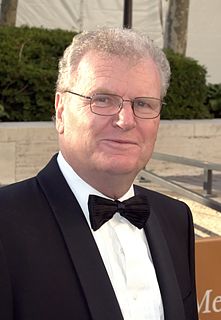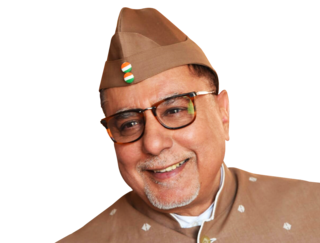A Quote by Howard Stringer
For Sony, owning a studio is a gamble and probably a pretty good one, now that in the broadband era having content is a great advantage when you sell devices that in a ubiquitous world of distribution can actually show programs, movies, content directly to the consumer. So that you actually create, in a digital world, real synergy.
Related Quotes
During its retransmission dispute, CBS pulled its signal off of certain cable TV systems - and also blocked all Time Warner broadband customers from accessing CBS's Web-based content, even outside the territory of dispute. This is precisely the kind of content-blocking broadband providers are so often accused of but aren't actually doing.
The film festival is in a town in Arkansas, a quintessentially American town with a little town square. It's to champion women and diversity in all media, so TV, movies, eventually, digital, whatever you get into. That's the goal. We're using the same philosophy as my institute, which is to make it research-based and really try to work directly with filmmakers and content creators and move the needle. It's the only film festival in the world where the prizes are guaranteed distribution.
Some millennials have completely stopped watching TV. So for them, we've created special digital content for handheld devices only. We've paid close attention to how to present online content effectively. We try to catch their attention within the first five seconds - otherwise, they click onto a different content.
In the digital world, content has the tendency to lose value, especially on smart devices. We finally found solutions to the problem. We will not merely port games developed for our dedicated systems to smart devices just as they are - we will develop brand new software which perfectly matches the play style and control mechanisms of smart devices.
In every part of the world with which I am familiar, young people are completely immersed in the digital world - so much so, that it is inconceivable to them that they can, for long, be separated from their devices. Indeed, many of us who are not young, who are 'digital immigrants' rather than 'digital natives,' are also wedded to, if not dependent on, our digital devices.


































